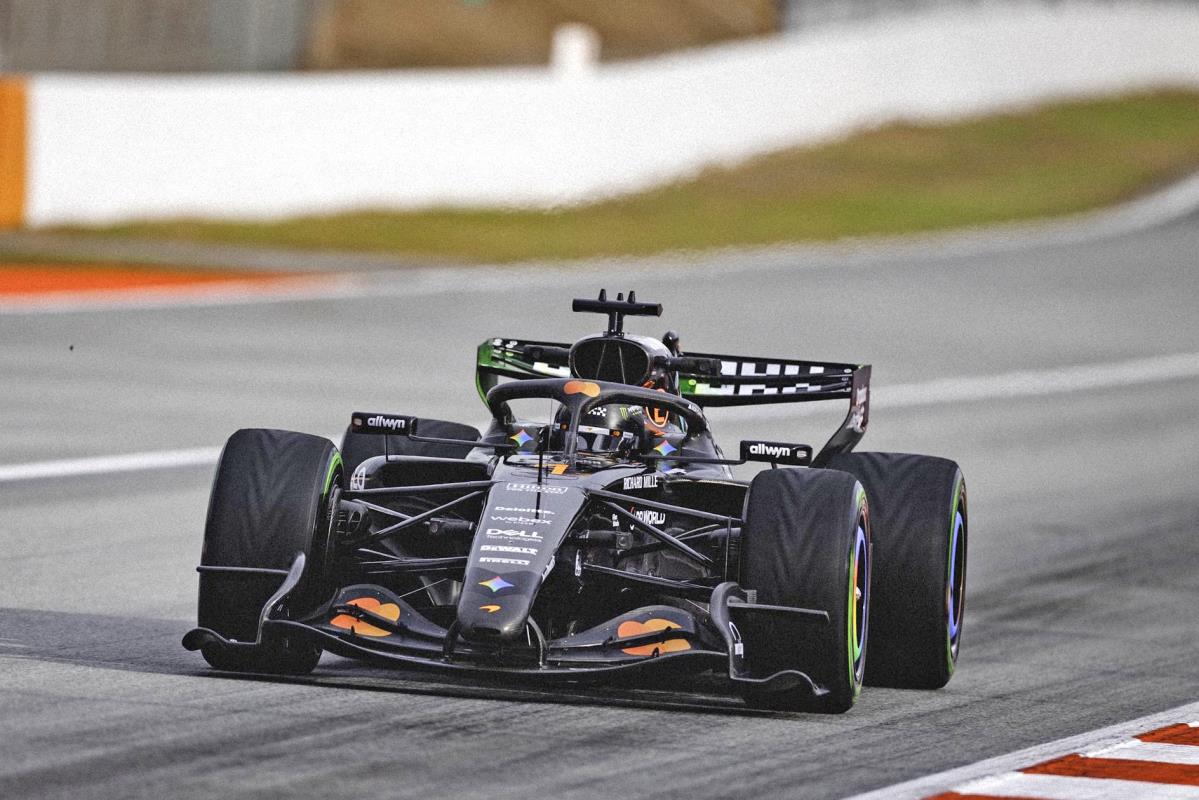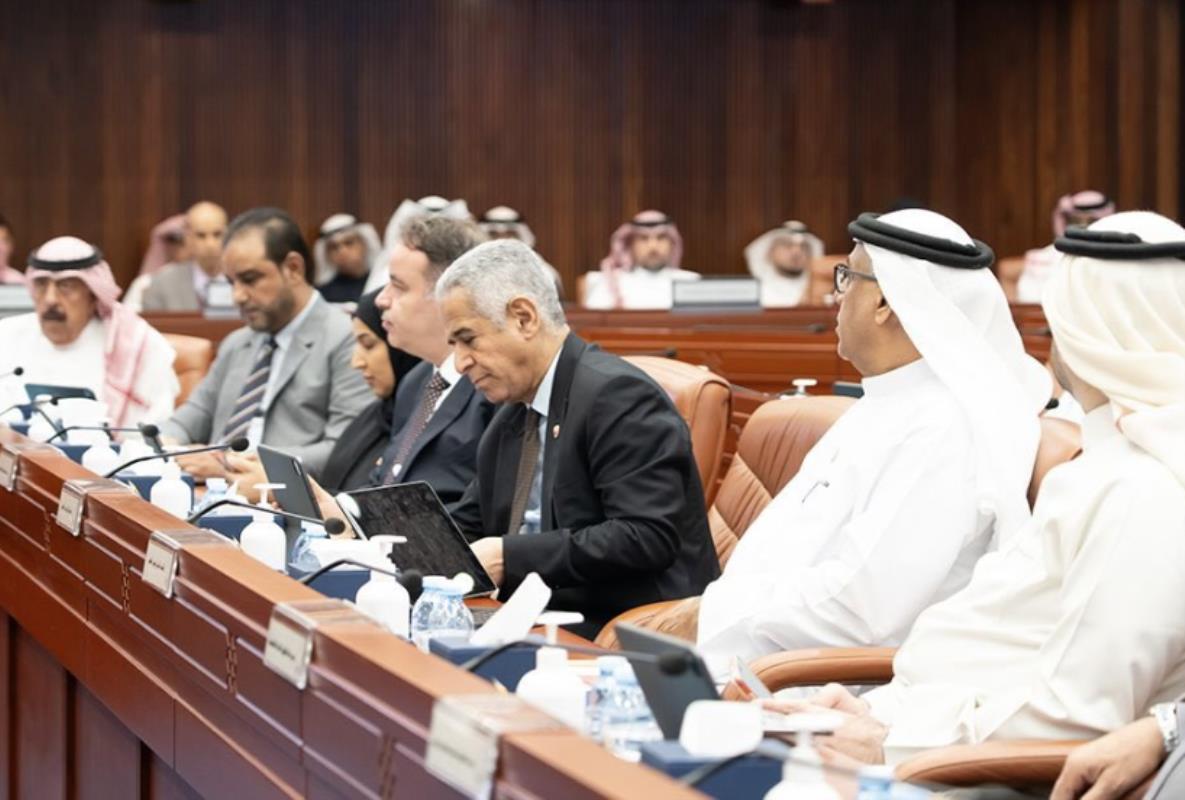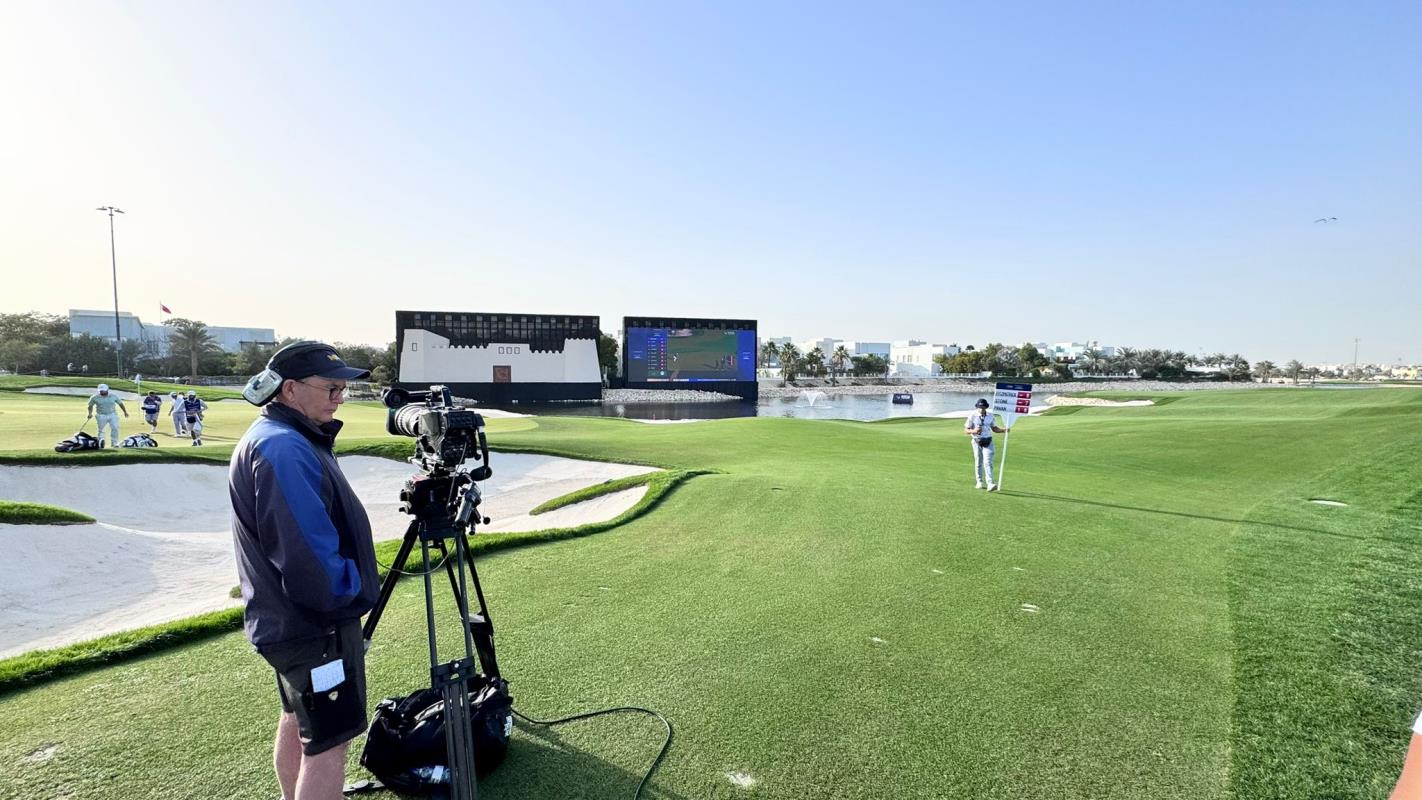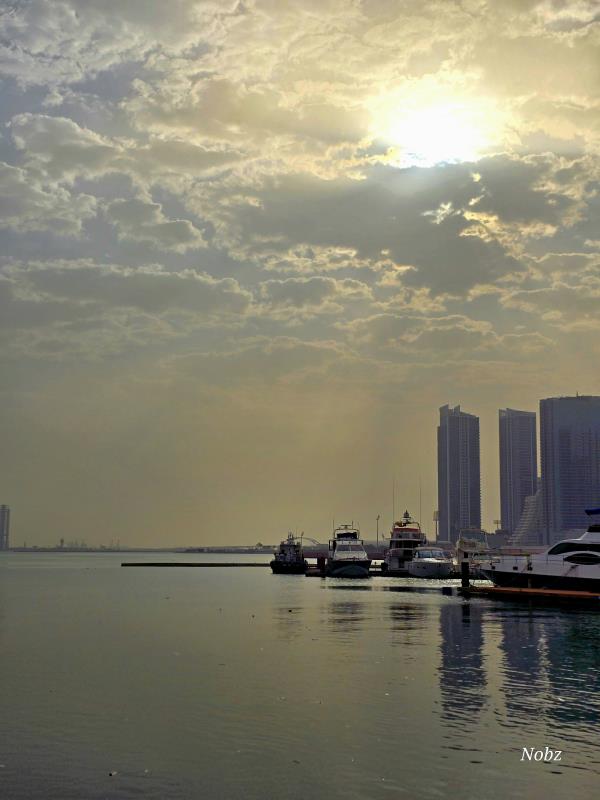
PEOPLE in Bahrain have been urged to reduce the consumption of plastic bottled water as it poses a significant problem to not only the environment, but our health as well.
Water sold in retail establishments packed in single-serve plastic bottles is often called bottled water. It is a popular, and convenient option for many people because it is portable, convenient, and often tastes better than tap water.
According to Statista, an online platform specialised in market and consumer data, the bottled water segment is one of the largest segments in the beverage industry, with revenues of $302.50 billion last year.
This amount is anticipated to increase between 2022 and 2027 at a compound annual growth rate of 6.78 per cent.
“GCC countries are among the highest consumers of bottled water per capita, and the figure is constantly increasing,” said Arabian Gulf University (AGU) Water Resources Professor Dr Waleed Zubari.
A report published by the UN University Institute for Water, Environment and Health earlier this year ranked the UAE seventh and Saudi Arabia 16th among the top 50 countries for bottled water per capita consumption.
Similarly, the UAE ranked fifth in the world in terms of bottled water sales per capita, while Saudi Arabia ranked 12th with Qatar ranked 37th.
So far, there is no available data on bottled water usage in Bahrain or on per capita bottled water consumption, but Dr Zubari and other researchers are working to change that.
“We expect Bahrain statistics to be lower than other GCC countries, but we also expect it to be high due to the similar lifestyle and consumers behaviour and patterns,” he told the GDN.
He hopes that the data gathered will persuade people to attempt to reduce their use of plastic water bottles, as they incur a tremendous economic cost.
“It has to do with energy consumption, greenhouse gas emissions, air pollution, and resources depletion,” he said.
His main concern, however, stems from the health and environmental consequences rather than financial.
“Health problems can arise from the chemicals leaching from plastic bottles, especially when they are stored in hot places or under the sun.
“Many bottled water brands also contain microplastics which can enter our bodies and potentially cause harm.
“As for the environmental issues, plastic waste is now a significant problem at the global level, causing major pollution and impacting ecosystems.
“Other environmental problems manifest in the carbon emissions arising from production, transportation and refrigeration, which contribute to greenhouse gas emissions and climate change.”
Dr Zubari said people, businesses and governments can do a lot to lessen the impact of problems associated with bottled water.
“We can start by using a reusable water bottle made of materials such as stainless steel or glass.
“We can instal water filtration systems in our homes or workplaces to provide clean and safe drinking water without the need for bottled water.
“We can recycle plastic bottles properly to reduce the amount of plastic waste that ends up in landfills.
“The government should encourage businesses to adopt sustainable practices, such as using renewable energy sources, reducing waste, and minimising carbon emissions.”
He also said that an easy solution would be to encourage people to drink water provided by the government rather than relying on bottled water.
“The country provides municipal water that adheres to the highest international standards,” he said.
“It is subjected to multiple systems to monitor its quality in desalination plants, and is provided at a highly subsidised price that is significantly lower than the price of bottled water.
“This is done despite the scarcity of natural water resources in the GCC,” he added.
Dr Zubari hopes to relay this message and more at the second Water Science and Technology Association symposium on bottled water to be held in Doha.
The expert is expected to speak today and tomorrow at the two-day symposium, at the Dusit Hotel.
The first symposium was held in Kuwait in January 2020 in partnership with the Kuwait Foundation for the Advancement of Sciences and the Kuwait Institute for Scientific Research.
“Legislation, specifications, control, wastewater disposal methods, and plastic containers associated with the production and use of water will be the focus of this symposium,” he said.
“Focus will also be on the bottled water regulatory system in GCC countries with the objective of exchanging experiences and best practices, identify institutional or regulatory gaps.
“The ultimate goal is to develop a guiding regulatory system for the bottled water industry in the GCC countries.
nader@gdnmedia.bh
preprocess








































































